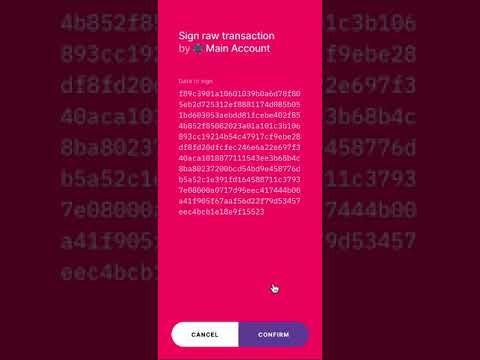Hello everyone,
I have been speaking with the dev team about state channels before and after Mainnet launch. The guys working on this feature have been to numerous conferences dedicated to state channels and have talked with other teams working on this tech (primarily from Ethereum). They are also participating in monthly (maybe more frequent) calls with teams that are working on state channels in other projects.
What I am being told is that æternity’s state channel implementation is much, much more advanced than anything that is currently available in the blockchain space. The primary reasons for this are:
- State channels are implemented directly on the protocol level (Layer 1), not via smart contracts
- All relevant research dedicated to state channels has been incorporated
- State channels have been developed together with the Mainnet, resulting in more “native” interaction between off-chain and on-chain states
- Other teams need to deal with issues and address problems that æternity’s state channel implementation simply does not have
With all that said, state channels are constantly being developed and we expect to have virtual channels by the time of the next scheduled protocol upgrade in May. Those will allow creating channels with other parities while off-chain. For example, if A has a channel with B, and B has a channel with C, A and C can connect without touching the main chain.
It pains me to see that there still aren’t that many developers who are looking into æternity’s state channels. I believe the reason for this is that we haven’t really showcased them yet by incorporating them into an application.
POSSIBLE FIRST APPLICATIONS
As far as I know, there are a few possible applications of state channels that the team has thought about. The first one is - incorporating them into the Base æpp, so users can use them for making AE token transfers between themselves. The second one could be accepted as an addition to the first - enabling peer-to-peer chat in the Base æpp through state channels (completely private!), as well as, pure P2P file transfers, and of course - transfers of AE tokens.
I would also like to see æternity’s state channels implemented in a decentralized exchange and I hope the WeiDex guys can do something in this respect.
Generally, I want to see applications!  I know the product team is currently focusing on developing nice dev tools, so we have more people building on AE, but I really, really, really want to see some showcasing of æternity’s technology.
I know the product team is currently focusing on developing nice dev tools, so we have more people building on AE, but I really, really, really want to see some showcasing of æternity’s technology.
I am convinced that æternity’s blockchain infrastructure is one of the most efficient, and if I may say, most elegant in comparison to anything that is out there.
We just need to demonstrate that to the world.
Best,
Vlad

